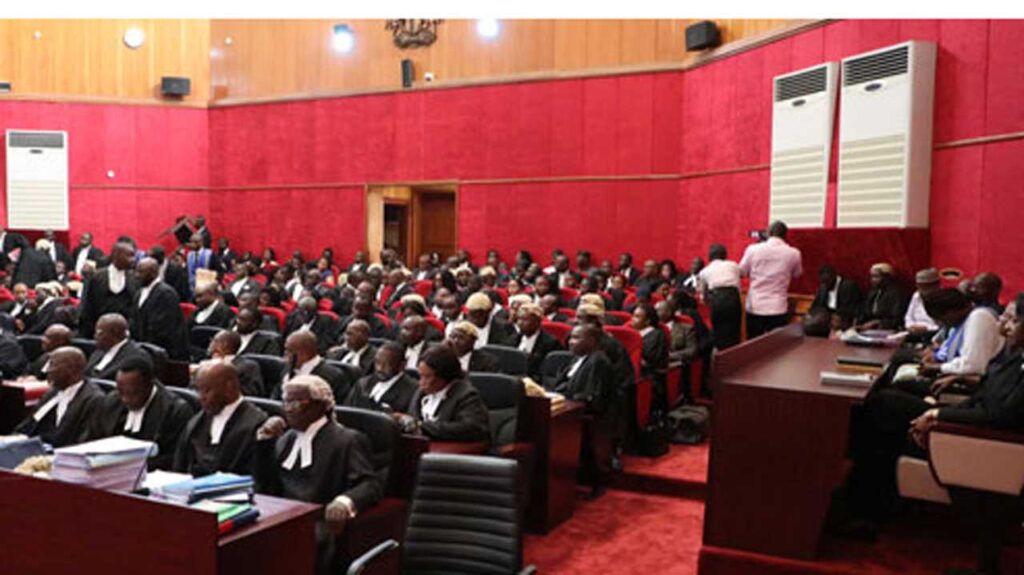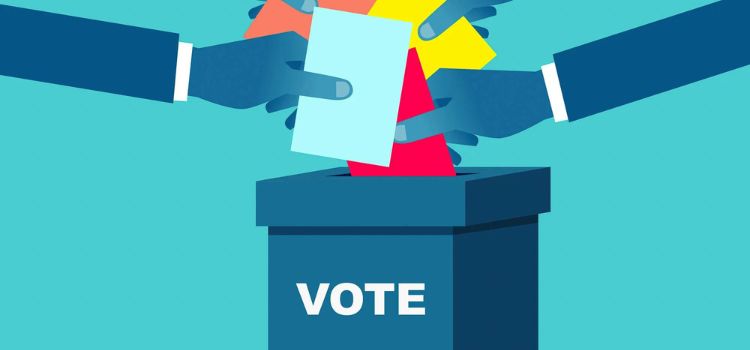An election petition is a legal challenge to the results of an election. In Nigeria, election petitions are heard by the Presidential Election Petition Court (PEPC), which is a special court established by the 1999 Constitution.
To file an election petition, a candidate or political party must first file a notice of intention to file a petition with the PEPC within 21 days of the declaration of the results of the election. The notice must state the grounds for the challenge, such as allegations of fraud, irregularities, or non-compliance with the Electoral Act.
Once the notice is filed, the PEPC will issue a summons to the respondent, which is the person or body whose election is being challenged. The respondent has 21 days to respond to the petition.
The hearing of an election petition is a two-stage process. In the first stage, the court will determine whether the petitioner has made out a prima facie case. If the court finds that the petitioner has made out a prima facie case, the case will proceed to the second stage, where the court will hear evidence and make a decision on the merits of the case.
The PEPC has the power to nullify the results of an election if it finds that the election was conducted in a fraudulent or irregular manner. The court can also order a fresh election.

Election petitions are an important part of the democratic process in Nigeria. They help to ensure that elections are conducted fairly and that the results are legitimate.
Recent Election Petitions in Nigeria
There have been a number of high-profile election petitions in Nigeria in recent years. In 2019, the PEPC nullified the election of President Muhammadu Buhari after finding that there were widespread irregularities in the election. The court ordered a fresh election, which Buhari won.
In 2015, the PEPC nullified the election of Governor Ayodele Fayose of Ekiti State after finding that there were widespread irregularities in the election. The court ordered a fresh election, which was won by Fayose’s rival, Kayode Fayemi.
Challenges to Election Petitions
There are a number of challenges to election petitions in Nigeria. One challenge is that the process is often lengthy and expensive. This can make it difficult for ordinary Nigerians to challenge the results of an election.
Another challenge is that the PEPC is often seen as being biased in favor of the incumbent government. This is because the court is appointed by the president and the National Assembly.
Despite these challenges, election petitions are an important part of the democratic process in Nigeria. They help to ensure that elections are conducted fairly and that the results are legitimate.

